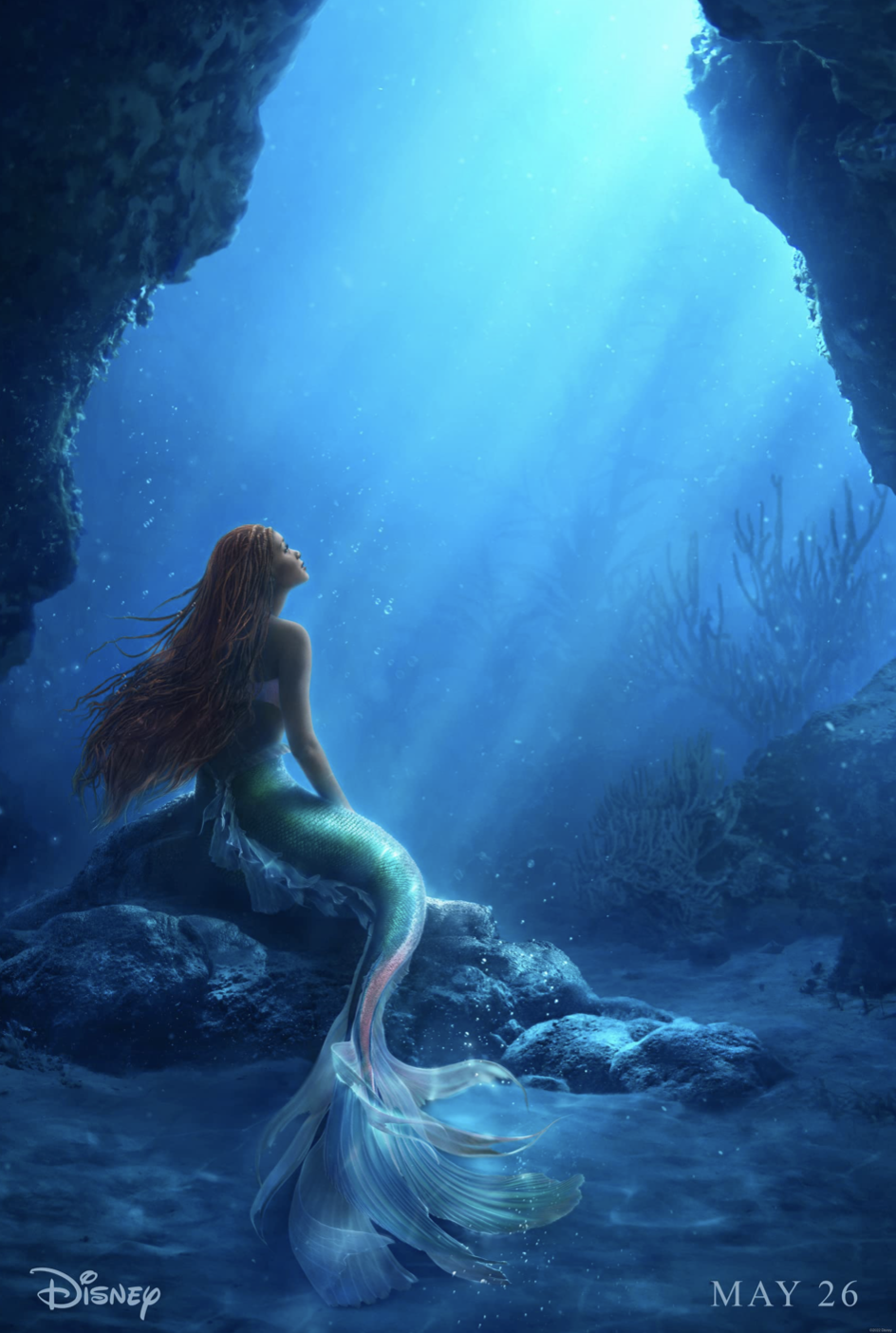Is the future of entertainment truly in the hands of streaming platforms? Bold statements suggest that the digital revolution is reshaping how we consume media, with services like Netflix and Amazon Prime Video leading the charge. As traditional television networks struggle to maintain viewership, these platforms are redefining what it means to be a content creator and distributor. The impact of this shift is profound, influencing everything from production budgets to audience engagement strategies.
The evolution of film and television has been rapid over the past decade. From blockbuster releases such as Jurassic World Rebirth to family-friendly animations like PAW Patrol: The Mighty Movie, audiences have more options than ever before. In 2025, Marvel Studios will release Captain America: Brave New World, continuing its legacy of superhero narratives while exploring contemporary themes. This ongoing transformation highlights the industry's adaptability and willingness to embrace change. Meanwhile, independent apps like Talkies are carving out niche markets for regional languages, ensuring diverse voices remain heard amidst global trends.
| Category | Details |
|---|---|
| Name | Captain America: Brave New World |
| Release Date | 2025 |
| Director | TBA |
| Cast | Anthony Mackie, TBA |
| Genre | Action/Adventure |
| Production Company | Marvel Studios |
| Official Website | Visit Marvel Official Site |
Streaming giants have not only changed viewing habits but also democratized access to content worldwide. For instance, Day Shift (2022), available exclusively on Netflix, showcases unique storytelling through its action-packed vampire hunter narrative. By leveraging California DMV regulations, filmmakers incorporated authentic vehicle plates into their productions, enhancing realism without compromising creativity. Such attention to detail underscores the meticulous approach adopted by modern directors aiming to captivate discerning audiences.
On another front, educational resources continue to emphasize the importance of representation within media landscapes. Reviews for animated films like Mosley underscore the significance of promoting self-esteem among young viewers via positive role models. Research indicates that exposure to inclusive portrayals can significantly influence children's perceptions of themselves and others around them. Consequently, studios increasingly prioritize diversity when crafting characters and storylines, ensuring they resonate across various demographics.
Looking ahead, upcoming projects promise further innovation. Scheduled for release in July 2025, Jurassic World Rebirth aims to introduce audiences to an entirely new era of dinosaurs, blending cutting-edge technology with classic thrills. Similarly, the Emoji Movie franchise remains popular despite criticism, appealing particularly to younger generations familiar with digital communication tools. These examples demonstrate how filmmakers continuously experiment with formats and techniques to stay relevant in an ever-evolving marketplace.
Ultimately, whether consumed via traditional cinemas or cutting-edge applications catering to specific linguistic communities, movies retain their power to entertain and educate simultaneously. As evidenced by developments spanning multiple genres—from superheroes battling global conspiracies to talking animals advocating animal rights—the medium continues to thrive thanks largely to visionary creators willing to push boundaries continually. Thus, the question posed earlier about the future of entertainment finds affirmation in today's dynamic landscape where possibilities seem limitless.



